People Who Hate Going Out Usually Have These 11 Things In Their Home
For some people, staying in is a whole lifestyle.
 Xavier Lorenzo / Shutterstock
Xavier Lorenzo / Shutterstock People tend to think that if someone doesn’t love going out, they must be missing out. But the truth is, for a lot of people, staying home is usually the best possible option. People who hate going out and truly enjoy spending most of their time at home have usually built that space with great care. They’ve filled their homes with items they find so comforting and entertaining they don't really have to go anywhere at all unless they truly want to.
This doesn’t mean they don’t enjoy being social, but people who hate going out usually make sure to have plenty of things in their home that will keep them and the people they most like spending time plenty busy. These items or bits of decor are subtle (or not-so-subtle) clues that home is their favorite place to be.
People who hate going out usually have these 11 things in their home
1. A reading nook or personal library
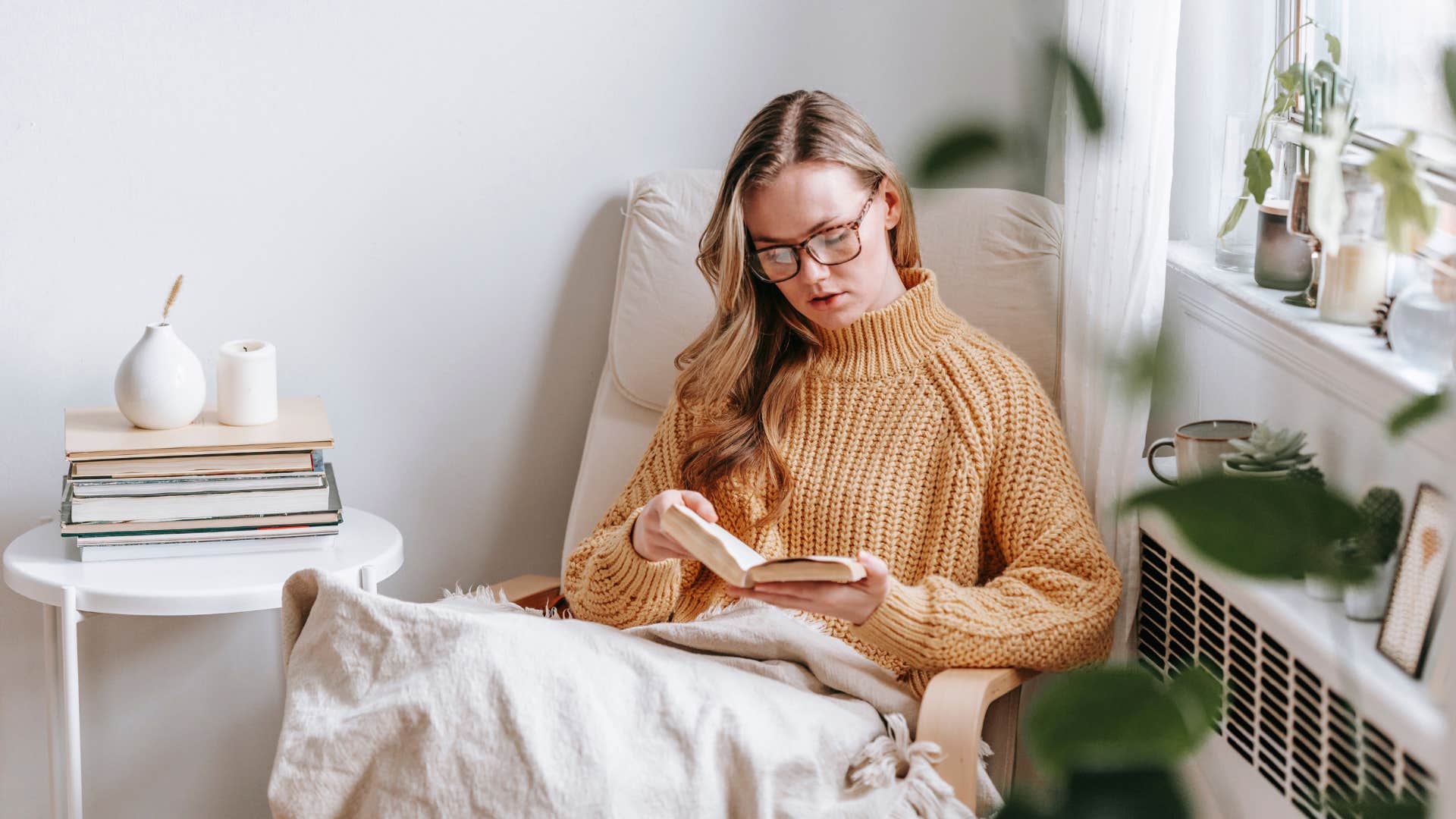 George Milton from Pexels via Canva
George Milton from Pexels via Canva
People who prefer home life often carve out a cozy corner just for reading. These spaces feel like their own private retreat, a quiet place where they can unwind and enjoy a moment of stillness. These spaces give the brain permission to slow down, which is especially important for introverts and people who are prone to overstimulation.
For these people, a stack of books and a soft chair is more tempting than any noisy bar. They still engage with the outside world, but only on their own terms. In the meantime, they're happier finding comfort and mental stimulation in their own special corner of the their own special world.
2. Lots and lots of plants
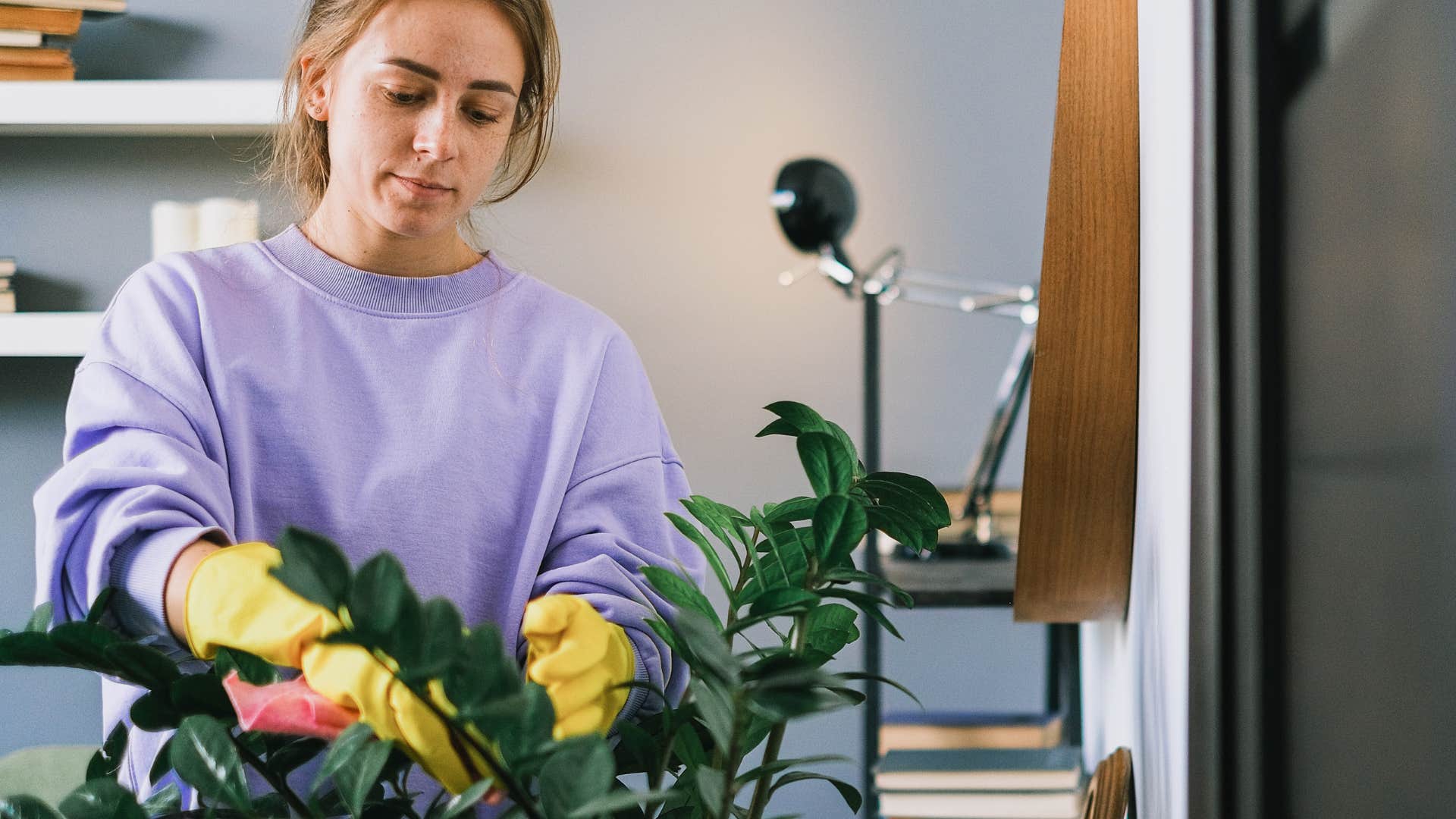 canva
canva
Plants make for beautiful decoration while also providing a quiet source of calm and satisfaction. The kind of person who doesn’t crave outside activity often builds their own version of the outdoors, right in their living room.
Studies have found that even a few houseplants can lower anxiety and improve mood, which is especially important for people who spend a lot of time indoors. Taking good care of plants also requires the kind of gentle routine that offers structure and a sense of accomplishment, often becoming a peaceful ritual and making a home feel more alive.
3. Lighting that feels like a hug
 filadendron from Getty Images Signature via Canva
filadendron from Getty Images Signature via Canva
One of the most consistent things people who hate going out have in their home is warm, intentional lighting. They swap overhead bulbs for soft lamps, string lights, or even candles that cast a cozy glow. This provides a great ambiance, as well as a path to relaxation. Studies show that warm lighting can reduce cortisol levels and help regulate the body's natural rhythm.
This kind of environment makes people feel safe and settled, which is exactly what someone who prefers to stay in is looking for. Bright, harsh lighting feels like a store or an office. At home, it’s about letting your guard down, and the right lighting helps you do just that.
4. A fully stocked kitchen
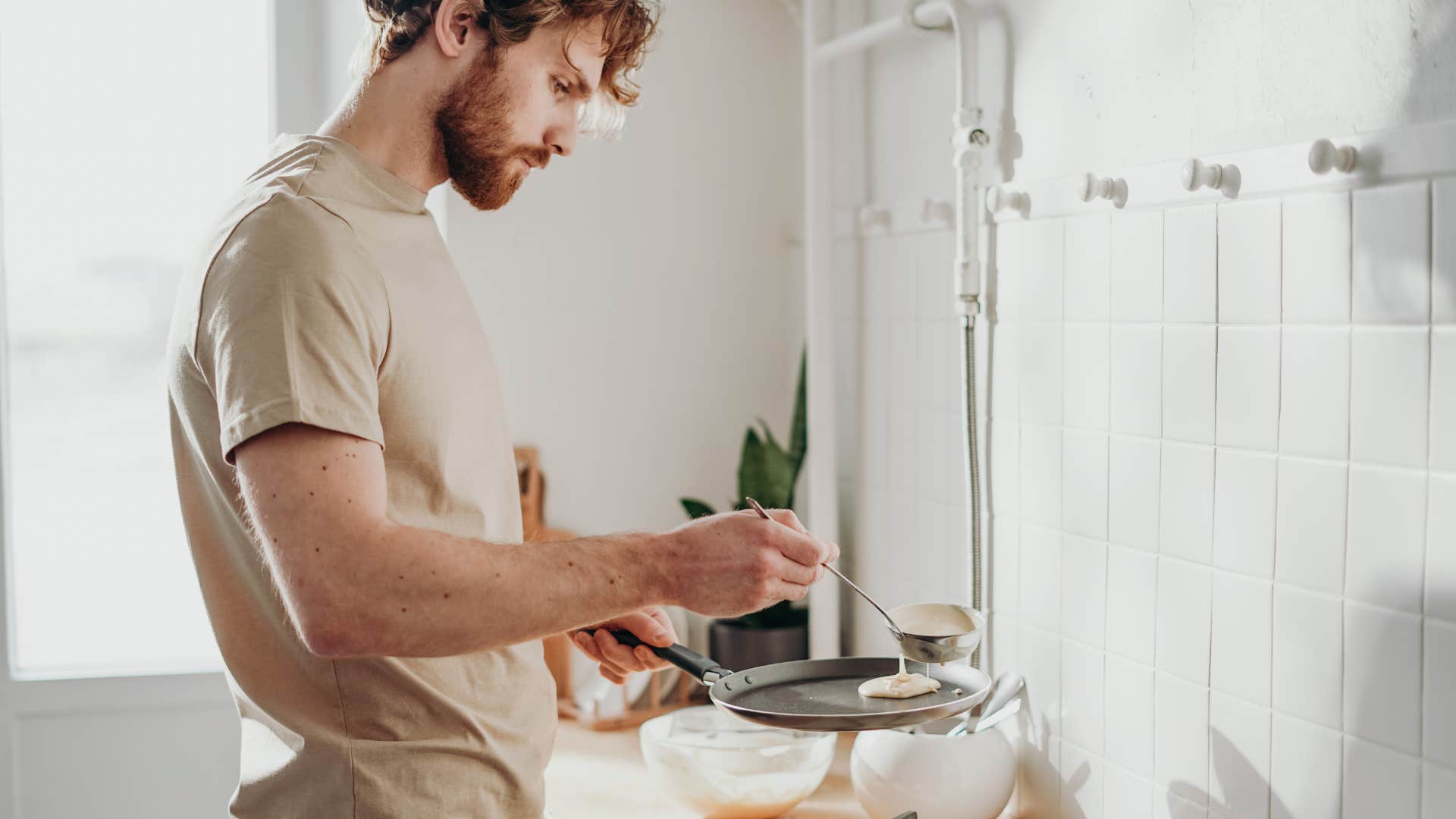 cottonbro studio from Pexels via Canva
cottonbro studio from Pexels via Canva
People who don’t go out much often treat cooking as more than just a necessity. Even if their kitchen isn't fancy, it’s sure to be functional and filled with tools they actually use and foods they love to eat.
Cooking at home is linked to healthier eating habits and greater life satisfaction, but it’s not just about health. When you can make your own comfort food exactly the way you like it, staying in feels like a treat. Plus, there’s something deeply grounding about the smell of something delicious simmering on the stove.
5. A blanket collection that’s slightly out of hand
 studioroman via Canva
studioroman via Canva
There’s something psychologically soothing about having soft, tactile things around us. Weighted blankets in particular have been shown to reduce anxiety and improve sleep quality by mimicking the feeling of being held. The right blanket can make even a stressful day feel far more manageable.
People who prefer to stay home usually have blankets everywhere — on the couch, at the end of the bed, and in baskets near the TV. It’s about being wrapped up, physically and emotionally, and it’s their way of making sure home always feels like a soft place to land.
6. Every streaming service you can think of, and a cozy place to watch them
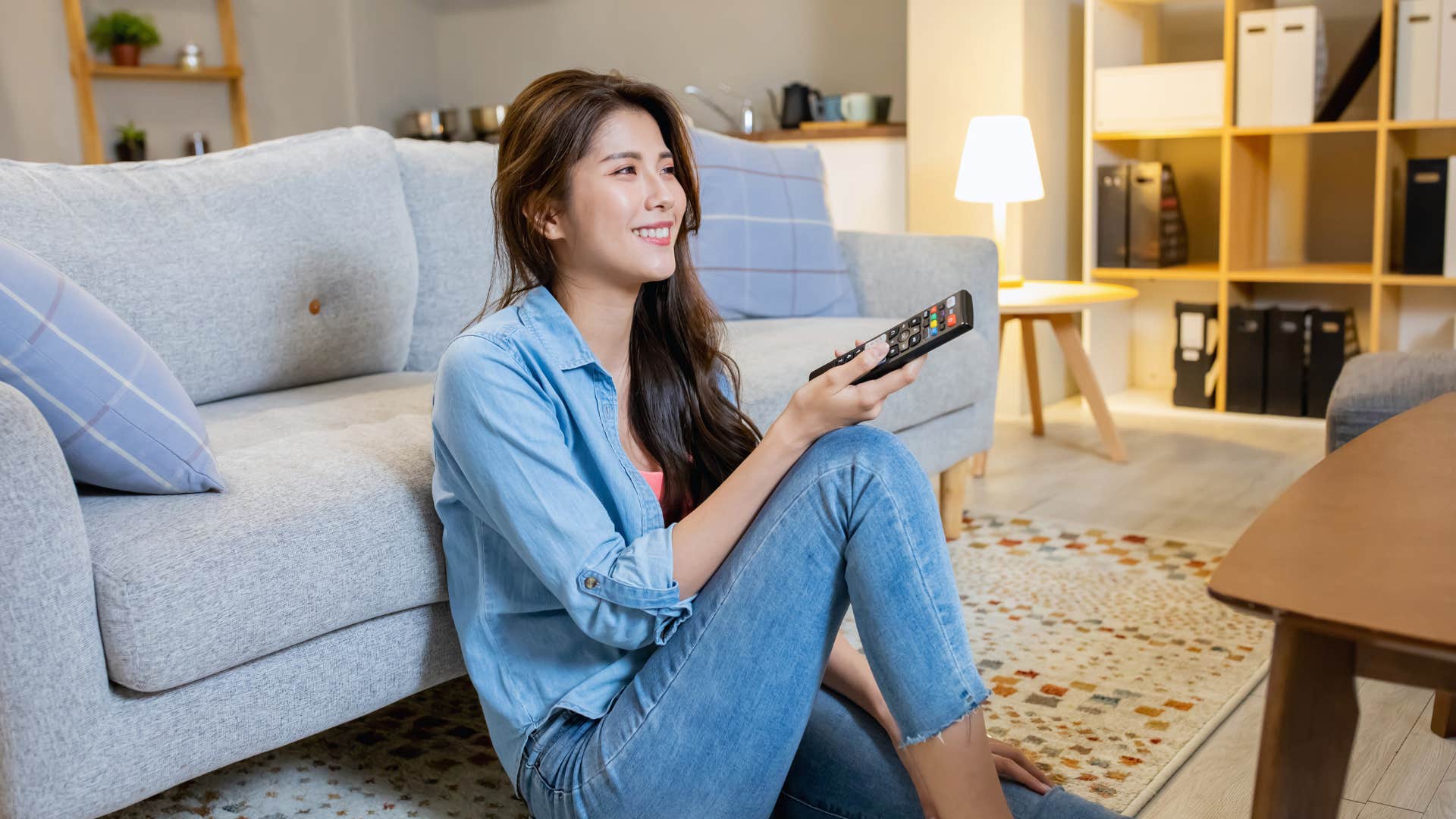 RyanKing 999 via Canva
RyanKing 999 via Canva
People who hate going out usually don’t just watch TV — they curate experiences. They’ve got subscriptions to just about every streaming service you can think of and tons of options saved to their watchlists on each.
These people know that there's really no reason to spend major bucks on movie tickets and concession stand food only to spend the entire time you're out listening to other people's conversations and not being able to enjoy the show. They can enjoy themselves just as much, and honestly, probably a whole lot more, watching one of the bazillion options available right in their own, super comfortable home.
7. A hobby station
 pixelshot via Canva
pixelshot via Canva
Whether it’s set up for painting, puzzles, knitting, or building models, many people who are homebodies have a dedicated space for doing something creative. Having a hobby that doesn’t require leaving the house helps with emotional regulation. These activities create a flow state where you find a deep focus that’s both calming and rewarding.
Having a hobby provides people a sense of purpose and personal expression. For many, going out to be entertained feels hollow compared to making something with their own two hands. Home becomes the place where they feel most alive.
8. Innovative organizing solutions
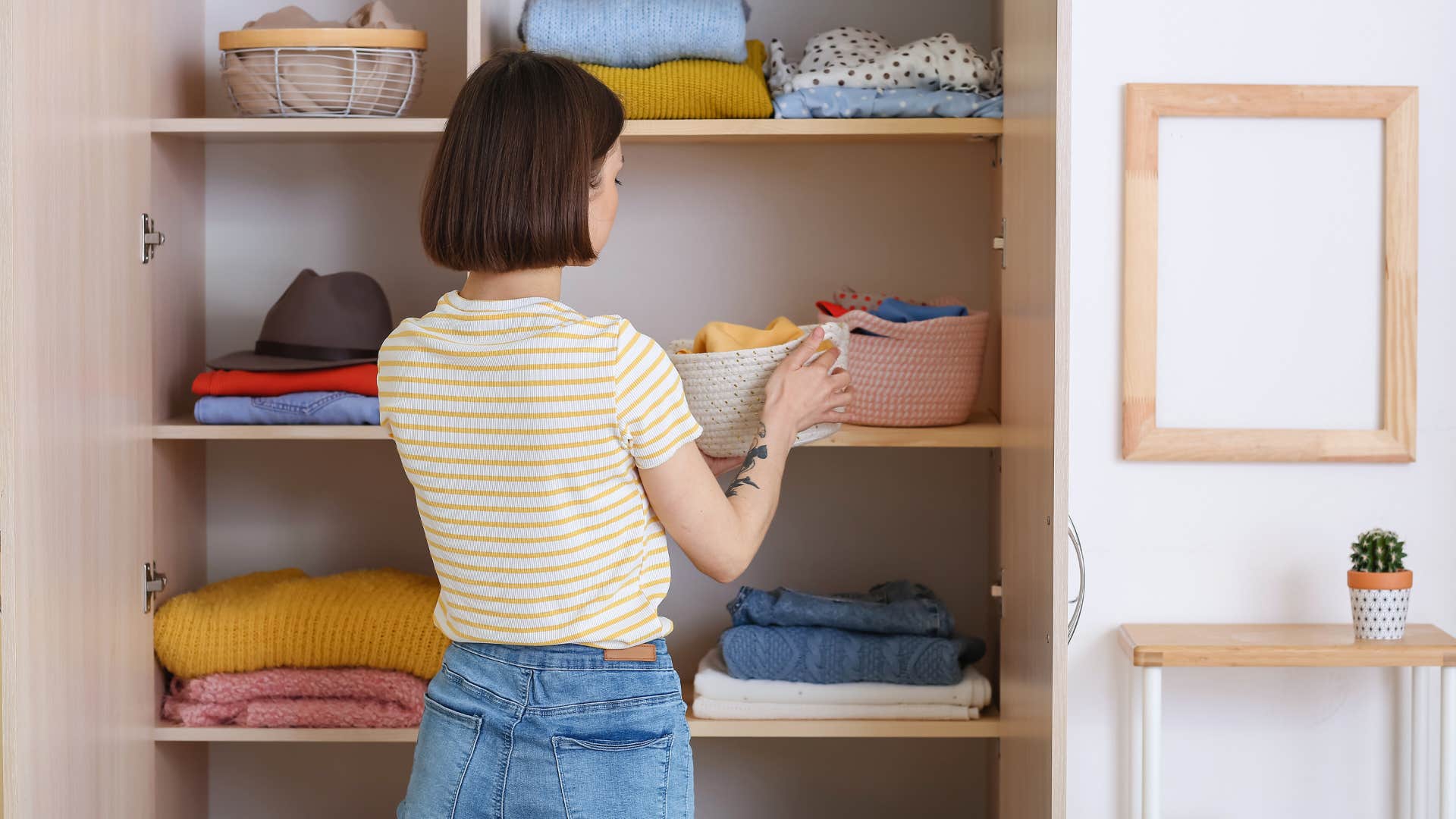 pixelshot via Canva
pixelshot via Canva
You might expect that people who don’t go out much would let things pile up, but the opposite is often true. When home is your sanctuary, it matters how it feels and functions.
Organizational psychology shows a strong connection between clutter and stress, especially for people who spend most of their time in one environment. These folks usually know where everything is, and they take real pride in their space. A tidy home makes staying in feel intentional, not isolating.
9. A pet (or a few)
 svetikd from Getty Images Signature via Canva
svetikd from Getty Images Signature via Canva
For people who spend more time at home, pets are part of their emotional ecosystem. Dogs, cats, and even fish or birds offer a kind of nonverbal connection that’s incredibly soothing.
Studies have shown that pet ownership is linked to lower levels of loneliness and higher levels of oxytocin, the bonding hormone. These homes often feel warm and alive in a way that’s hard to describe until you’ve experienced it. A wagging tail or a content purr can do more to lift the spirit than any night out ever could. For homebodies, that kind of connection is everything.
10. A chair that’s almost too comfortable
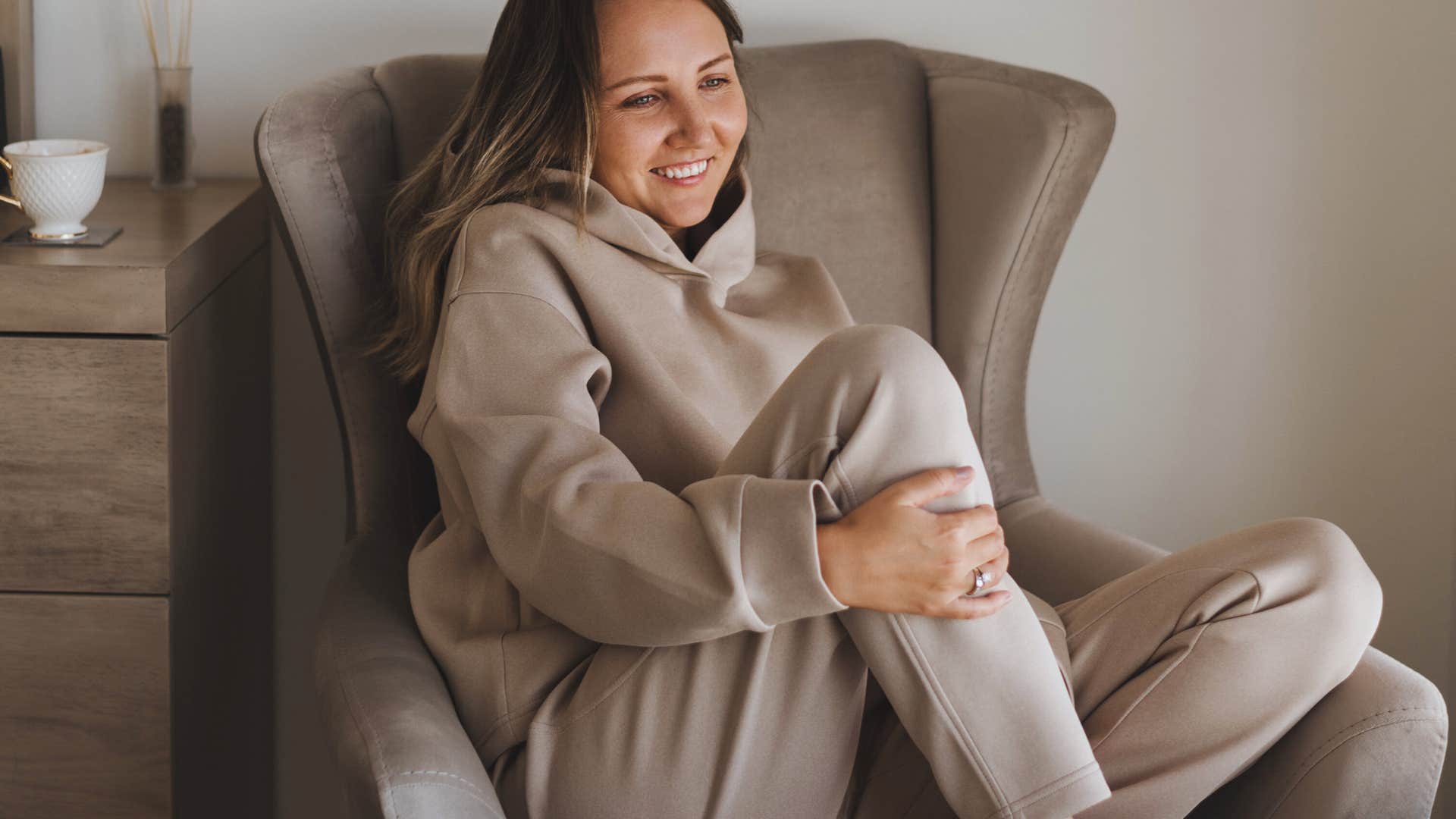 veranikasmirnayaphotos via Canva
veranikasmirnayaphotos via Canva
You know the chair I'm talking about. It's the one that’s shaped just right, has become slightly too worn, and probably won't win any design awards, but serves as the place where you are most comfortable reading, napping, thinking, and decompressing.
Our physical environment has a huge impact on our ability to relax, and furniture plays a big role in that. For people who hate going out, the right chair is all about trust. It’s their favorite spot in the world, and it represents the fact that they’ve created a space where they can be fully themselves.
Once you’ve found your perfect chair, why would you ever go out?
11. A sound machine or noise-canceling device
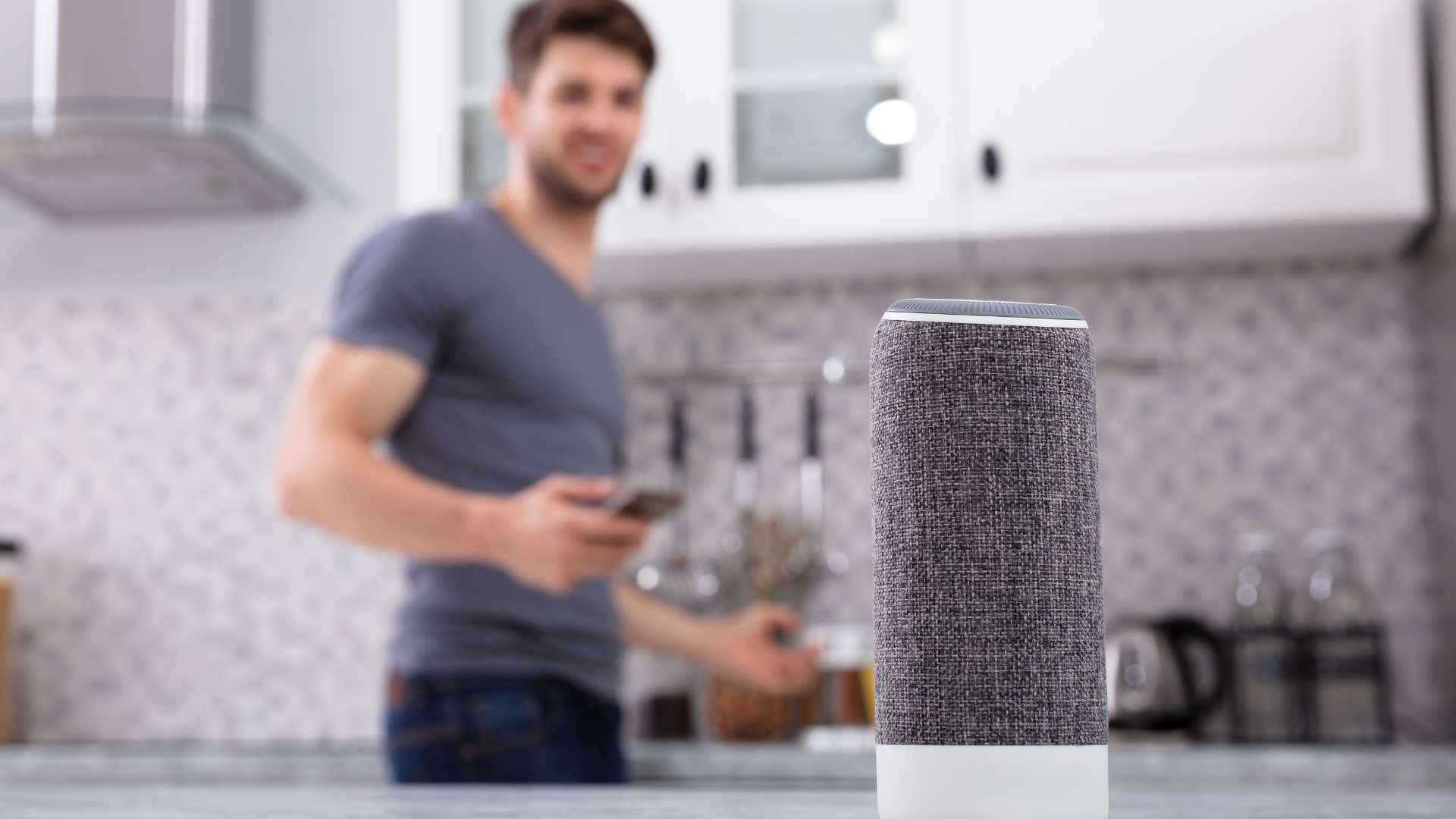 Andrey_Popov / Shutterstock
Andrey_Popov / Shutterstock
People who love being home tend to think carefully about how their space sounds, not just how it looks. Many of them have a white noise machine, a fan they always run, or even a pair of noise-canceling headphones they use daily. They don't necessarily want to block out the world completely, but they love having a soundscape that feels calm and manageable.
Studies have found that predictable, low-level sounds can help reduce anxiety and improve focus, especially in overstimulating environments. These devices give people a sense of control over their sensory input, which is something they rarely get outside the house. For anyone who hates loud bars or crowded restaurants, the steady hum of a sound machine might feel like the best kind of peace and quiet they can possibly find.
Executive Editor Arianna Jeret, MA/MSW, is a writer, former family law mediator, and recognized expert on relationships and conflict resolution. Her work has been featured in Cosmopolitan, The Huffington Post, Yahoo, MSN, Bustle, Parents and more.

